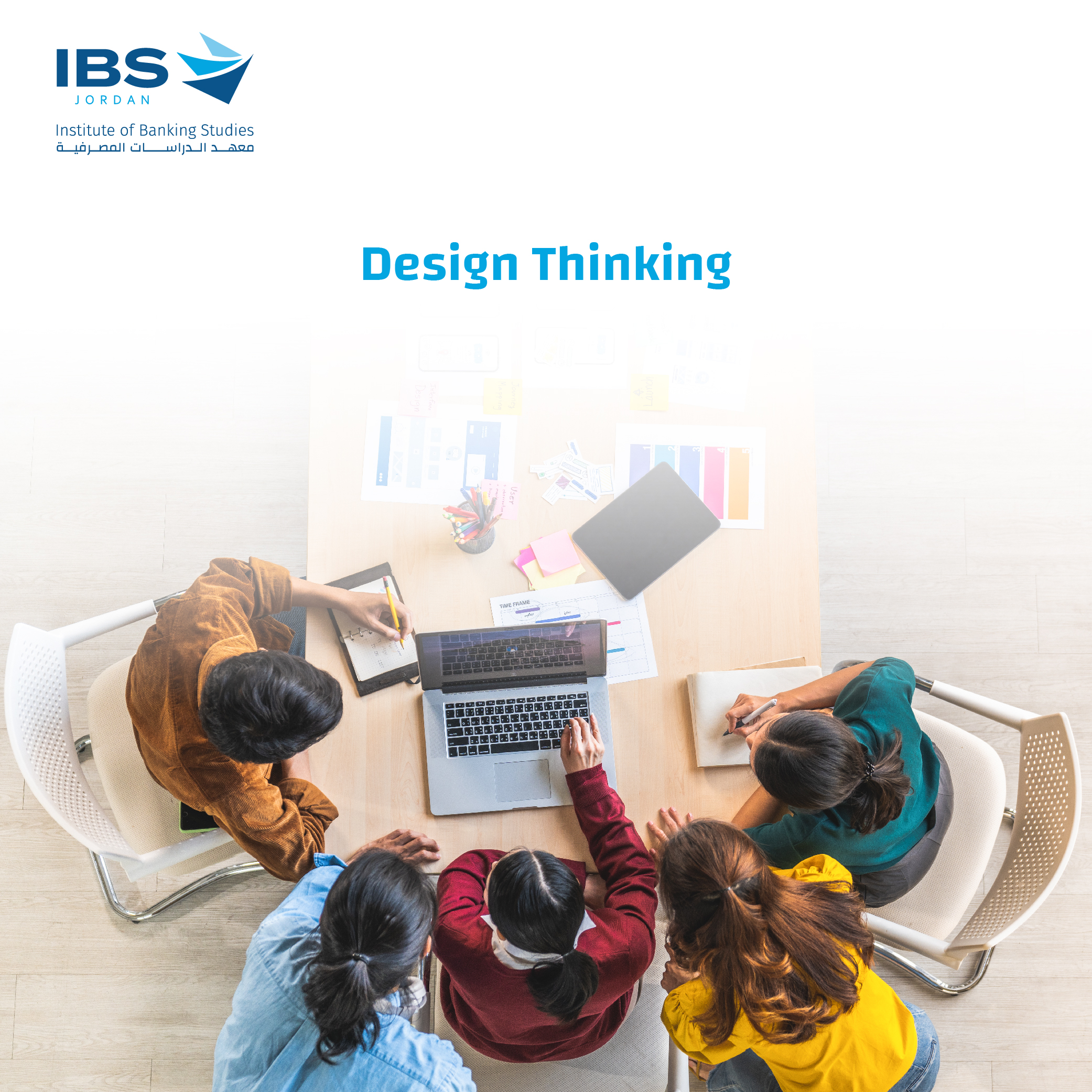
This training aims to introduce participants to the principles and methodologies of design thinking, equipping them with the skills and mindset needed to approach complex problems with creativity and empathy. By the end of the training, participants will be able to apply design-thinking techniques to drive innovation and find effective solutions to challenges.
Banking and financial services professionals interested to explore the world of innovation and design thinking, particularly those working in Customer Experience CX and focus on the Customer Journey as well as improving work processes
Module 1: Introduction to Design Thinking
- Understanding the fundamentals of design thinking and its relevance in problem solving.
- Exploring the key principles of empathy, human-centeredness, and iteration.
- Examining successful case studies of design thinking in action.
- Identifying the stages of the design thinking process
Module 2: Empathize and Define
- Developing empathetic understanding through user research and observation.
- Conducting interviews and creating user personas.
- Defining the problem statement and reframing the challenge.
- Utilizing tools like journey mapping and empathy mapping
Module 3: Ideate
- Generating a wide range of ideas through brainstorming and ideation techniques.
- Encouraging wild ideas and suspending judgment.
- Using methods like mind mapping, SCAMPER, and the Fly on the Wall technique.
- Collaborative idea generation and building on the ideas of others.
Module 4: Prototype
- Translating ideas into tangible prototypes or representations.
- Utilizing low-fidelity prototyping techniques.
- Iterating and refining prototypes based on feedback.
- Emphasizing the importance of rapid prototyping and learning through experimentation
Module 5: Test and Iterate
- Conducting user testing and gathering feedback on prototypes.
- Analyzing and interpreting user feedback.
- Iterating and refining prototypes based on user insights.
- Emphasizing the iterative nature of design thinking and the importance of continuous improvement.
